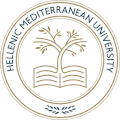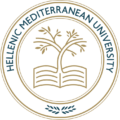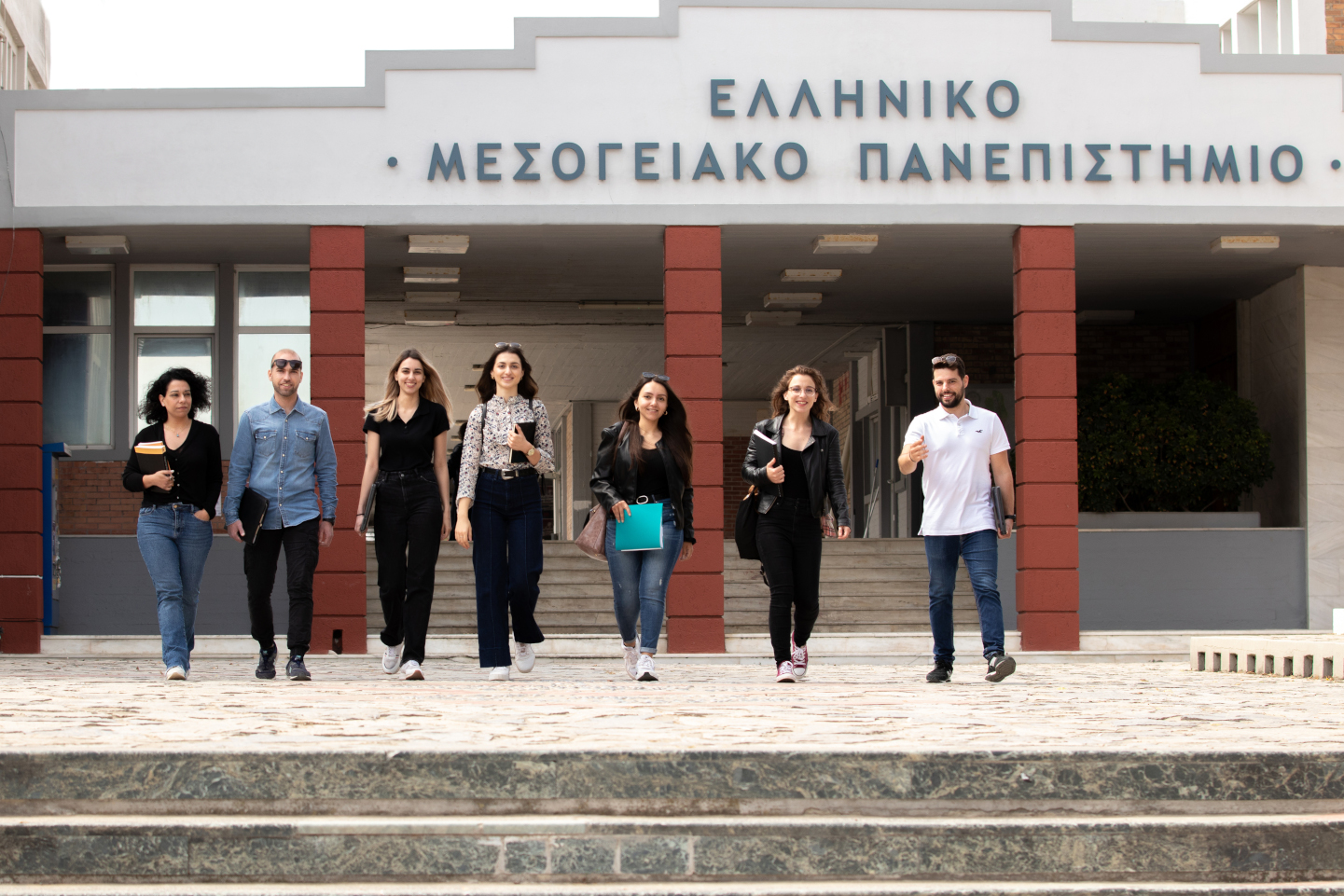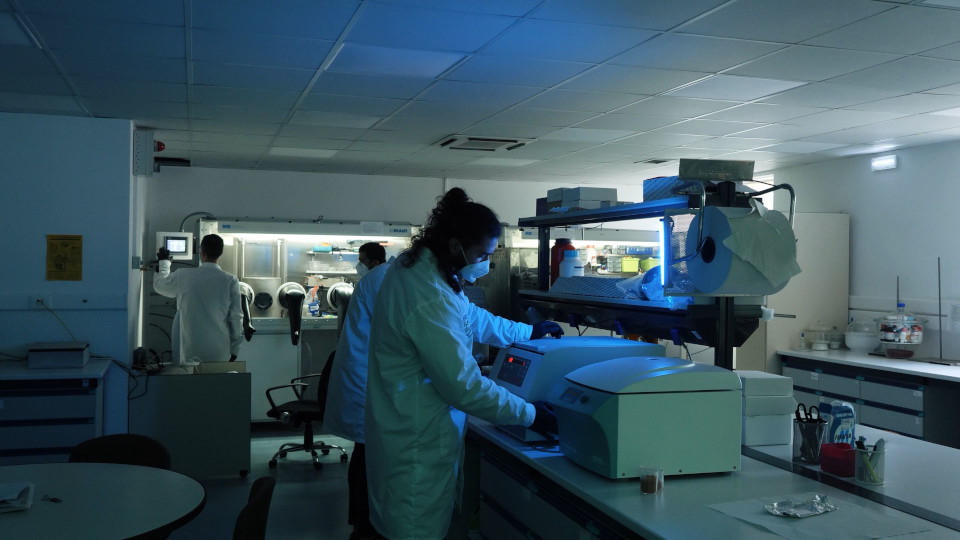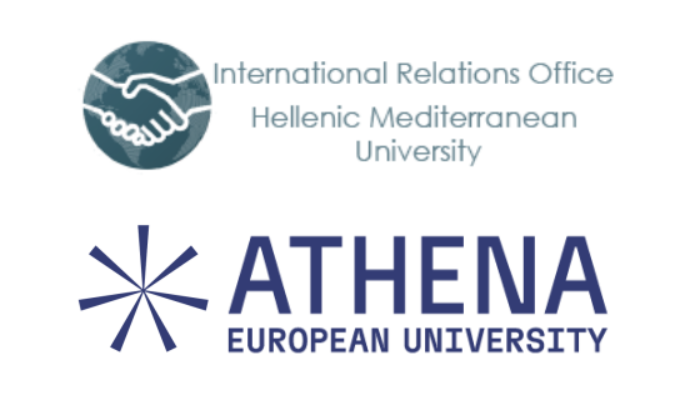Official language
Greek is the official language in the Hellenic Mediterranean University, as is the official language of the Greek state and one of the 23 official languages of the European Union.
Undergraduate Study Programs (USP)
Lectures and examinations in all USPs are in Greek. Text books, literary sources and general educational material that is distributed to students are also in Greek. Foreign HMU students can attend courses on Greek language free of charge, which will help them in their studies. Access to these courses is also granted to exchange students who attend one or two semesters in HMU, e.g. ERASMUS+ students.
Postgraduate Study Programs (PSP) and Doctorate Degree Programs
Study programs for both Master’s and Post-Doctoral degrees are in Greek, unless the PSP’s rules of procedure allow the use of another language. Dissertations can be written in Greek or another language, provided that is permitted by the rules of procedure of the respective PSP and/or Doctorate Program. Students’ knowledge of foreign languages as a prerequisite to attend a PSP in the Hellenic Mediterranean University may apply in certain cases.
International Relations
The second language the HMU uses to communicate and share information with the international community is English. English is commonly used in international conferences, symposia and meetings held in the university.
- International Relations Policy
In order for the Hellenic Mediterranean University to accomplish the goals it has set, it is essential to maintain collaborations with various educational and research institutions in Greece and Europe on the basis of education, research, innovation, exchange of expertise and culture. For more than 25 years, the competent and adequately staffed International Relations Department makes good use of many EU and other programmes for visitations and/or prolonged stay of students and faculty members to and from several universities abroad, for the purposes of exchange of experience, conjoint development of educational programmes, part of which is attended by students. The HMU aims at securing steady collaborations with international institutions, developing non-Greek study programmes, and exploring further partnership possibilities in research and innovation.
In the past three decades, the relations of the former Technological Education Institute of Crete (and present Hellenic Mediterranean University) with universities of western Europe have flourished, which ultimately improved the quality of education, the development of study programmes, the implementation of the Bologna Process, and the fulfillment of the National Qualifications Framework requirements. Strategic collaborations with European institutions will be primarily pursued for developing common, non-Greek study programmes, for reinforcing the European aspect in study programmes, and providing our graduates with the necessary tools to advance their career in other European countries. Likewise, the HMU has established relations with institutions of Northern America.
Since its operation as former TEI of Crete, the HMU has a long history of collaborations with Balkan countries, as neighbors who share history and culture. Elements of Greek culture are deeply rooted in the whole Balkan region, albeit latent. The HMU will rekindle those elements by developing educational and scientific collaborations of mutual benefit in the fields of culture and tourism, agriculture, energy, and more. Strengthening our relations with institutions from Turkey and the Black Sea countries is also important due to historical and cultural bonds, to seek mutual benefits in energy management, agriculture and tourism. In addition, collaboration with institutions from the Black Sea region and Middle Asia contributes to the fine-tuning of their education services on the basis of European standards. There is also particular interest in institutions from East Europe for the special value Greek culture holds in their education.
The geography and climate of Crete, especially in relation to the Near East and Northern Africa, offers many possibilities for developing close relations and collaborations on agriculture, energy management and tourism, which can produce mutual, non-Greek study programmes, particularly on the postgraduate level.
The HMU’s goals are:
- to provide graduates with the necessary tools that will enable them to plan a future abroad;
- to improve its position in the international relations scale by fostering long-term strategic collaborations in research, education and training.
